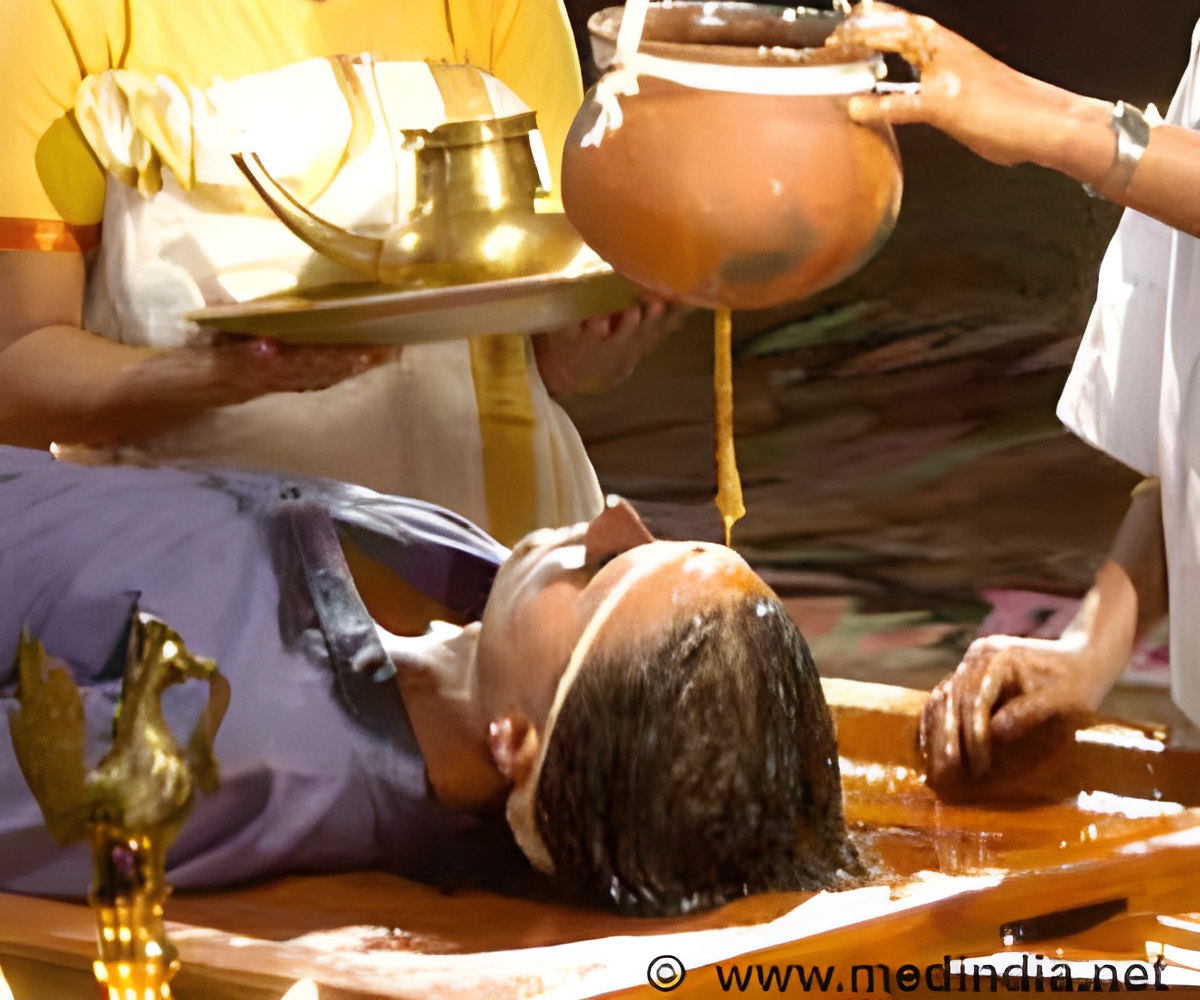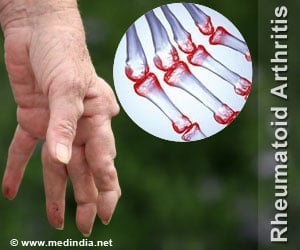Ayurvedic drugs are badly regulated within India but for export purposes, it is very important to take Ayush Premium Mark for authentication.

‘Setting guidelines for testing the quality of Ayurvedic drugs and also its safety in human trails improves the chances of traditional Indian formulations being approved and accessible in international markets.’





India has several sets of guidelines governing the conduct of clinical trials and stem cell research that are updated from time to time. However, there has been little clarity on how Ayurvedic formulations and other traditional medicines ought to be tested. “This is a positive step and is important for traditional Indian formulations to be able to access international markets,” said Govindrajan Padmanabhan, a former Director of the Indian Institute of Science and part of a team that is testing a turmeric extract as potential anti-malarial.Ayush Ministry has introduced voluntary quality certification systems in accordance with World Health Organisation (WHO) Good Manufacturing Practices (GMP) guidelines and Quality Council of India (QCI) scheme of Ayush Premium Mark due to emerging trade and export opportunities for Ayurvedic medicines. However, the GMP is mandatory for manufacturing Ayurvedic medicines within India and the Ayush Premium Mark for export is still voluntary. "Only eight firms have sought the Ayush Premium Mark so far. Ayurvedic drugs are badly regulated within India but for export purposes, it is very important to take Ayush Premium Mark for authentication," said Anil Kumar Ganeriwala, Joint Secretary, Ministry of Ayush.
"Gradually all the manufacturers who export their drugs will come forward to get the 'good quality' certification for lucrative business as it helps in export and easily enter the international pharmaceutical market," he said. Modernisation of Ayurvedic Drugs Manufacturing Process Drugs & Cosmetics Rules 1945 have provisions for manufacturing of Ayurvedic drugs under license in accordance with the quality standards prescribed in Ayurvedic Pharmacopoeia and Good Manufacturing Practices.
A range of companies are employing new approaches such as genetic analysis or trying to determine the molecular basis of the effectiveness of traditional formulations. Among others, one of India’s top pharmaceutical companies, Sun Pharma, has entered into a deal with the International Centre for Genetic Engineering and Biotechnology to develop a herbal drug for dengue earlier this year.
A recent study done by pharmacology department of All India Institute of Medical Sciences (AIIMS) attempted to evaluate heavy metals contents in Ayurvedic drugs on over 78 formulations. It found that heavy metals in all metal formulations were above the WHO limit. In herbal formulations, lead in 19.6%, cadmium in 21.4%, mercury and arsenic in 5.3% were found to be above the limit. It was found that Lead in 52.6% of samples, cadmium in 26.3% and mercury and arsenic contained in one herbometallic sample was above the limit.
Advertisement
The Indian Council of Medical Research (ICMR) said that clinical trials involving human participants must be done using the same ethical principles under which drug trials are conducted. India has frequently seen controversies over the improper conduct of clinical trials and there is a proposed amendment to the Drug and Cosmetics Act that seeks to impose stricter penalties for those found violating clinical trial guidelines.
Advertisement
Source-Medindia











